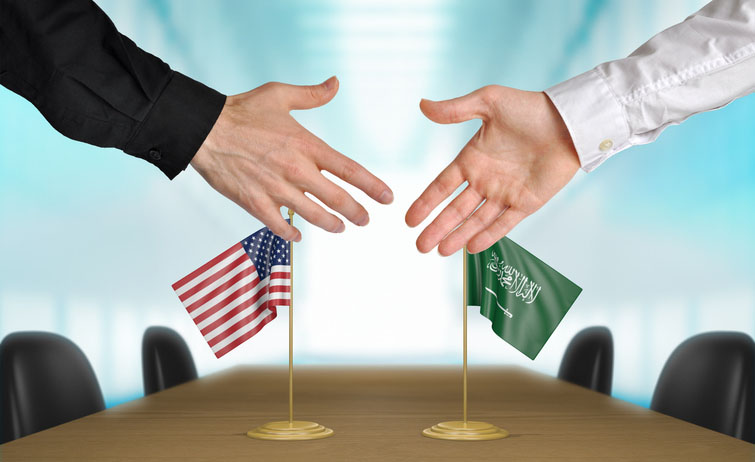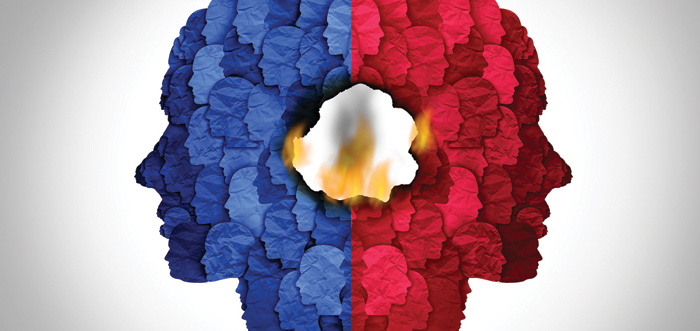Polls consistently find that Americans harbor strong animosity toward atheists, and that Americans would be less likely to vote for an atheist than for a woman, African American, Latino, Catholic, Jew, Muslim or Mormon. (What these polls don’t state, but what I, as a God-fearing Christian, will say, is that the fear, loathing and general suspicion of the godless is not only unwarranted but ungodly.)
“This kind of thing tends to leave Britons either bewildered or terrified,” Nick Spencer wrote on his blog for the London Telegraph. “The US and the UK are two nations divided not so much by a common language as by a common religion. In the former, Christianity is officially absent but unofficially everywhere; in the latter it underpins the entire structure of state but usually dares not speak its name.”
That is an astute, and poetic, observation. Spencer goes on to detail just how intertwined Christianity is with the Amerrican presidency, using as his launching pad the new book by David Domke and Kevin Coe, “The God Strategy: How Religion Became a Political Weapon in America.”
Spencer’s lamentations continue:
Domke and Coe’s analysis suggests that the current climate of theo-political rhetoric means would-be presidents do not, in fact, have that many “different ways” open before them now. It is simply inconceivable that Americans would elect a president who refused to genuflect energetically before the altar, any more than they would elect one who failed to do so before the idea of liberty.
But Domke and Coe also sense (as does the political activist Jim Wallis who was in UK last month) that the tide is turning. They put this down to a new evangelical conscience, which is noticing people trafficking, climate change, the AIDS pandemic, and other issues that had somehow slipped their minds before. And they see Rick Warren (see above) as a key mover in all this.
If that is so, those Britons who fear the mixing of God and Caesar might have reason to be a little less panic-stricken today than they were four years ago. And those who actually like to see God get down and dirty with Caesar, but have been depressed by the narrow and ugly way that has happened over recent years, have reason to be cautiously optimistic.
This perspective is essentially a mirror image of how religious American feel when they look at godless Europe. I looked closely at this issue of atheism and the future of religion in America two years ago in this story. Despite what Domke and Coe say about the tide turning, about religion leading the revolution, I find that Christian rhetoric is now more dangerously interwoven with politics than any time during the past eight years, or in American history.
The Bush campaigns of 2000 and, especially, 2004 showed just how powerful this pandering could be. Now everyone else is following the model.






















 More news and opinions than at a Shabbat dinner, right in your inbox.
More news and opinions than at a Shabbat dinner, right in your inbox.